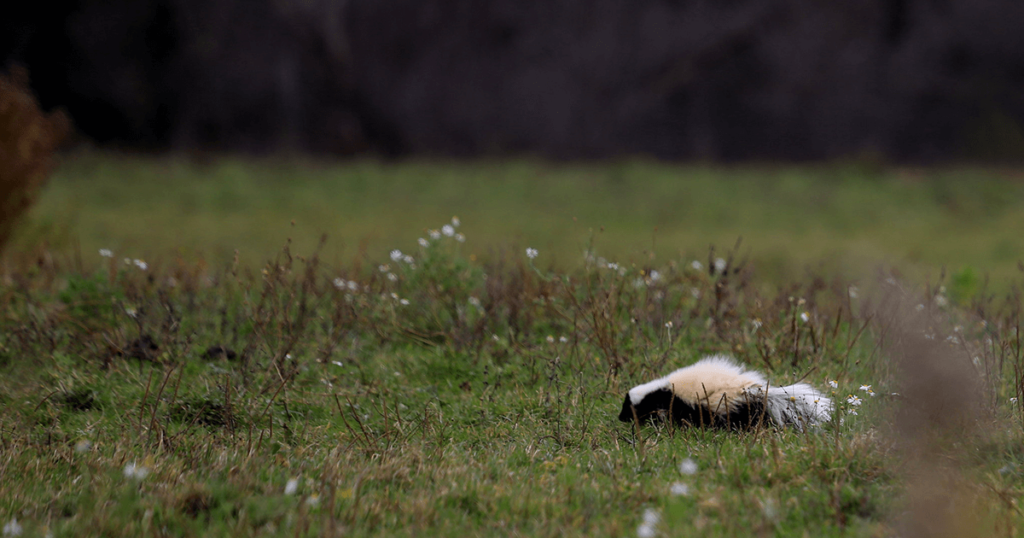
Lastly and at last, firstly and at first. These paired expressions that pose no difficulty for your average Joe were a challenge for my super-sharp, upper-intermediate class. I had a financial analyst, a computer programmer, and an engineer, plus two high school students. We covered some examples of usage and then went on to the next pair of these linking phrases, as they are called, in the end and at the end. Again, I popped out a sentence. “At first, he seemed a nice enough guy. Then he told a funny story on someone, and laughed excessively at the other guy’s expense. In the end, I realized what a skunk he was.”
The students who’d had trouble with the phrases nodded thoughtfully. They were focused on the logical subtleties. The student who had been on top of the phrases all along sat up straighter in his seat. “What’s that you said?”
I’d expected the question. Expanding vocabulary is a goal, and a list of words in the book with examples of how to use them is one thing, but hearing a new word on someone’s tongue is another matter. It’s the difference between being presented with photos of wildlife you might one day encounter and seeing an animal run across the road. “Skunk,” I answered, waiting to see from his face if he’d ever heard the word.
“What’s a skunk?”
The fellow sitting next to him knew exactly what a skunk was and described it. I added to the description, talking about how a skunk will spray when threatened. We had them running up and down the alleys in my hometown when I was a kid, I said. “And you couldn’t go out at dusk or early in the morning before daybreak for fear of getting sprayed. You’d stink for a week.”
“Mofeta?” the first asked, and the other student nodded yes.
Eventually we’d get to the figurative use of skunk, a use they’d be unlikely to ever encounter. When had I ever heard it? In Gone with the Wind, I believe, when Scarlett calls Rhett one. But whether my students would ever use it or even hear it, the word was full of possibilities. It could spark further discussion of home remedies (tomato juice), other strange animals (badgers and opossums), and wildlife in cities (boars the pest here in Gijón, bears and deer and sometimes raccoons the predominant pests in my hometown). What a full world, I thought, “in the end” bringing me, in the end, to a raccoon I’d seen peering out from a grate in the gutter on Third Avenue on a visit home. Would I get a chance to mention it? I looked at my student. He was grinning.
“I don’t believe it,” he said.
“What, that skunks roamed the alleys looking for garbage?”
“That you couldn’t wash the smell off.” He laughed.
“It takes a tomato juice bath,” I said. “No skunks in Spain?”
He laughed again. “Maybe in a zoo.”
We hadn’t even broached the figurative use yet, and here they were, a group of young men, laughing at the jolly image of a skunk turning tail and then, before scooting off, lifting that tail and, without even looking, spraying its target. Jolly, unless you’re the target.

